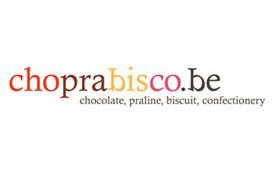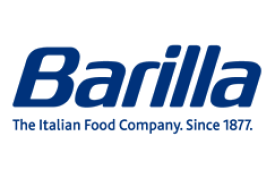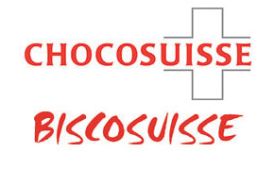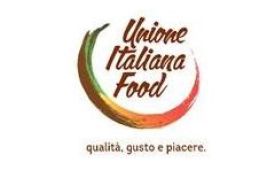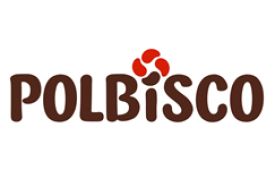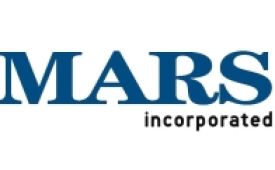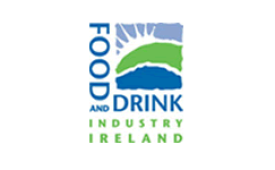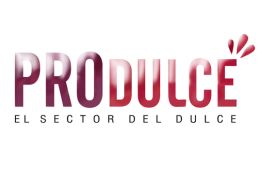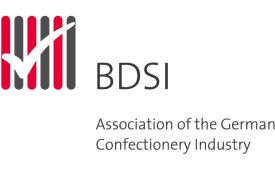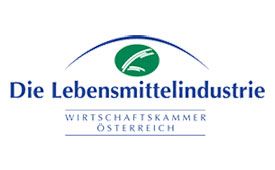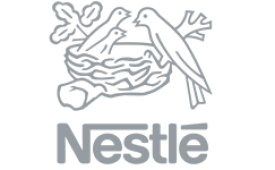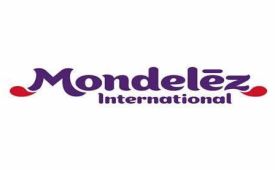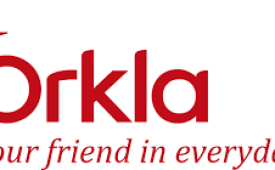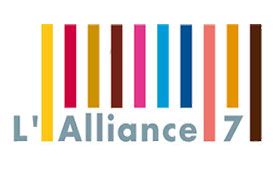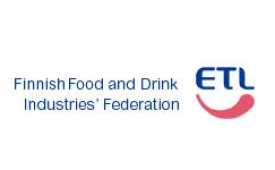Apr 11,2016 - A harmonised and global approach needed to reach 100% Sustainable Palm oil
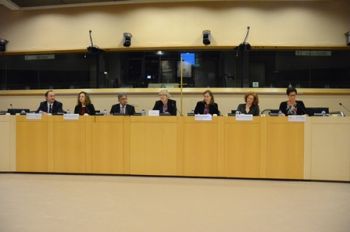
"Very happy to host today's meeting. It's important to establish a reliable and auditable common standard for palm oil sustainability. Consumers across Europe increasingly demand traceability and standards." – Julie Girling
On 5 April 2016 MEP Julie Girling invited the Indonesian Ambassador to the EU as well as stakeholders from the NGO and industry sides to the European Parliament to debate on the best ways to achieve the goal of 100% sustainable palm oil by 2020.
In December 2015, ESPOAG organisations signed along with other private sector organisations and national palm oil alliances a Commitment to Support 100% Sustainable Palm Oil in Europe by 2020.
Certified sustainable palm oil today represents 21% of global palm oil production. Even though there is enough certified sustainable palm oil available to supply the European market, there is still a 50% gap between supply and demand. The panellists exchanged their views and debated with the public in order to identify solutions to bridge this gap between supply and demand of sustainable palm oil.
His Excellency Ambassador Yuri Thamrin reaffirmed the commitment of the Indonesian government to pursue its engagement towards a 100% sustainable palm oil production: “We are ready to consider good cooperation projects with our partners in Europe to attain 100% sustainable palm oil and overcome all impediments”.
Participants agreed that strong collaboration between suppliers and users is key to drive the change across all markets and sectors. The transition towards a sustainable supply chain and compliance with SPO standards implies extra costs that smallholder farmers cannot bear without specific support. European SMEs must also be given support to map their supply chain and to get access to sustainable fractions in a cost effective manner. On the demand side, the uptake depends on the willingness of consumers to pay for sustainable palm oil.
The discussion identified that parties should keep working on “definitions, criteria and standards to set a common goal for sustainable palm oil and for the reduction of deforestation”. Emmanuelle Maire, DG Envi, announced that the European Commission “plans to launch a specific study on the environmental impact of palm oil consumption and on existing sustainability standards. The results should be available in 2017”.
MEP Julie Girling concluded the meeting by welcoming the approaches of the panellists and stressing the need for further cooperation to reach 100% sustainable palm oil.
Additional quotes from speakers -
- < >The EU Action Plan on Deforestation and Forest Degradation should provide increased financial and technical assistance to producing countries to improve governance, protect natural capital and enhance human well-being” (Cécile Schneider, Conservation International)
“Since its creation in September 2013, the purpose of the French Alliance for Sustainable Palm Oil is to include smaller companies and help them better understand the complexity of the supply chain and support them into the change towards sustainable palm oil. Such changes imply large logistical and economic challenges for companies” (Fabrice Enjalbert, Vandemoortele)
- < >ESPOAG is of the opinion that in developing specific EU policies on deforestation, the EU Commission should define a sustainability baseline for crops contributing to deforestation against which local production systems could be benchmarked, granting the existing schemes like RSPO, a role in future EU policies and/or bilateral trade agreements on deforestation” (Siska Pottie, ESPOAG - European Sustainable Palm Oil Advocacy Group)
- ENDS -
About the European Sustainable Palm Oil Advocacy Group (ESPOAG):
The European Sustainable Palm Oil Advocacy Group (ESPOAG) was created in January 2013. Its objective is to support the uptake of sustainable palm oil in Europe and to communicate scientiï¬c and objective facts and ï¬gures on environmental, nutritional and functional aspects of sustainable palm oil in Europe. ESPOAG encourages further alignment on definitions, criteria and standards to set a common goal for sustainable palm oil and for the reduction of deforestation.
It is composed of AIBI (International Association of Plant Bakers), CAOBISCO (Chocolate, Biscuits and Confectionery of Europe), FEDIMA (Federation of European Union Manufacturers and Suppliers of Ingredients to the Bakery, Confectionery and Patisserie Industries), FEDIOL (EU Vegetable Oil and Proteinmeal Industry) and IMACE (European Margarine Association).
For more information, contact:
Sabine Nafziger, Secretary General, Caobisco – sabine.nafziger@caobisco.eu
Nathalie Lecocq, Secretary General, Fediol - nlecocq@fediol.eu
Siska Pottie, Secretary General, IMACE - SPottie@Imace.org
